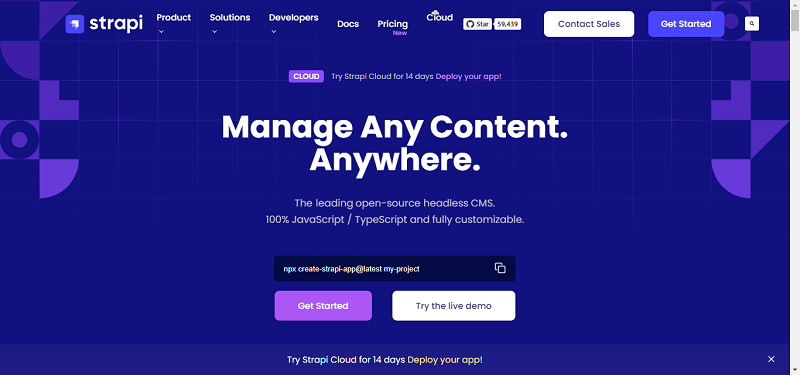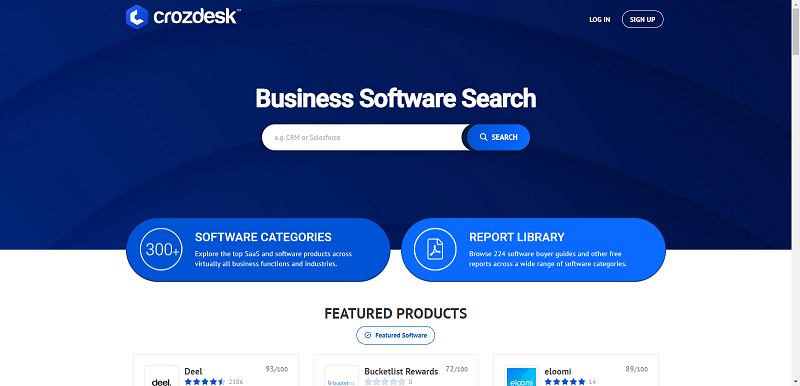The mergers and acquisitions market is a complex and challenging industry and the last two years has seen a rise in the number of transactions. Working with companies in this space over the last 10 years, we at RKON have seen and hopefully helped change the mindset of private equity and management consulting firms on how they build and deliver IT. There are various types of deals in the merger and acquisition space, but we will focus on divestitures or “carve-outs” which are arguably the most challenging from an IT perspective.
A carve-out, as the name implies, is when a new company is formed from a subset of a larger company. These deals are intricate because the “carved-out” company is usually given no systems to start with and are required to migrate and convert their legacy data to an entirely new computing platform. As if this is not challenging enough, they need to perform these tasks under a Transitional Service Agreement (TSA) that often has huge fines for not completing on time.
A divestiture usually has three phases, transition, growth, and exit. During each of these phases there are different needs and requirements for success from an IT perspective.
During this stage there are a few key drivers for success:
The growth stage is where the newly formed company is focused on generating business and growing revenues. This is the very reason the company was spun off in the first place and a key to a successful return on investment for the PE company and its’ investors. During the growth phase the company requires a scalable and agile computing platform. Growth can often be opportunistic, creating the need for an immediate scale of computing resources. These demands can only be met by cloud providers with their near limitless ability to quickly provision IT assets in a cost effective manner. During this phase, cost effective solutions are now an important measurement of IT. One-time expenses are over and profit and growth are key for the company. Traditional buying of IT assets typically leads to underutilized resources up to the point of need, which is an inefficient use of capital. Leveraging a cloud provider enables the on-demand provisioning of resources, so a company gets what they need when they need it in a cost effective manner.
Another very important requirement during the growth phase is a stable and quiet computing platform. If the environment is noisy and it must quickly scale to meet the needs of growth, the noise of the environment will also grow and reach a point where the amplification of the noise consumes IT and smothers growth thereby strangling the company. In order to scale and grow quickly, a solid IT platform is required. A cloud provider who does this consistently for many customers best delivers a stable and scalable platform.
Private equity (PE) firms usually specialize in businesses of a certain size so when their businesses grow and reach their size limit they will sell to a PE firm that specializes in higher-revenue companies. PE firms that earn a reputation for building strong companies based on solid IT platforms often earn a higher multiple at sale time. So there is a definite ROI for building scalable, stable and quiet IT environments beyond the reason of enabling growth.
Private equity firms may also sell when their portfolio’s time limits are reached and they need to cash out to their investors. Whatever the reason for exit, it is important the PE firm can quickly and easily transition the company and the associated IT resources to the new owner. Cloud computing by its very nature creates a portable environment. Through virtualization and segmentation of customers, cloud providers inherently build an IT platform that is easily migrated at time of sale allowing for a clean transition of services with a higher sale price.
With stringent requirements and money on the line, the merger and acquisition market has evolved over the last 10 years to leverage technology advancements. The evolution has gone from buying, acquiring and assembling IT assets—a time consuming, inefficient process —to building in-house virtualized platforms that are more cost effective, to the latest advancement of leveraging the cloud for speed to execution, scalability, cost effectiveness, stability and portability. The cloud approach is a true win for the PE firm, its investors and the newly created businesses.
By Marc Malizia





